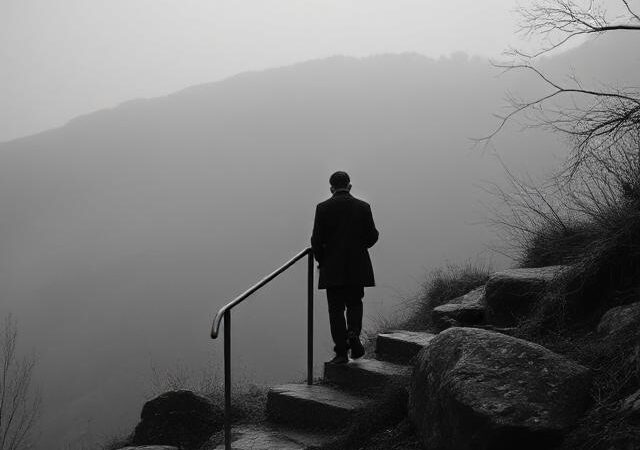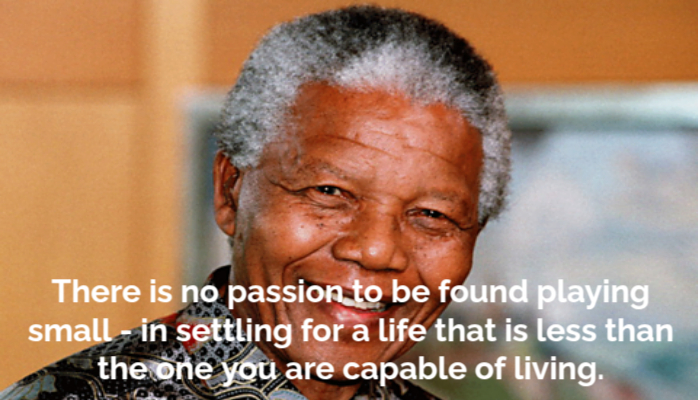If We Go to a War, We’d Better Go Running Full Throttle
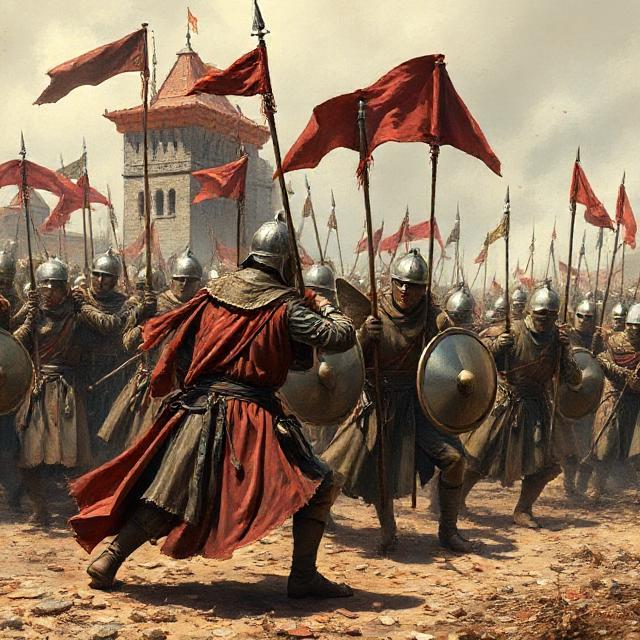
There is something strange about wars, whether internal or external. Something that elicits a chill of electricity and excitement, or fear and worry. Most of us are conversant with the wars that are fought with uniforms and deadly weaponry, save for the ones we wage inside ourselves. And around ourselves, against the inertia of our days.
War, as metaphor or reality, is never casual. It doesn’t give you pointers or ask politely. Neither does it wait for you to lace your shoes. It just arrives. Sometimes out of the blue, other times with telltale signs we never read right.
Once it knocks on our doors, if external, or rumbles our hearts if internal, we get caught up in a junction of facing the war bravely or avoiding it altogether. But then, hesitation is often our first enemy.
I’ve always believed that moving toward conflict half-heartedly is a type of quiet self-betrayal. It’s like showing up to the starting line already whispering defeat to your inner self. If we want to go to a war, we’d better go running full speed. Not that speed will guarantee victory, nay, but because that deep conviction to face our Goliaths gives us a fighting chance. The moment you advance with doubt and hesitation, the battle is lost in the invisible corridors of the mind.
And yet, I must remind you factually (and myself, of course, because I write to myself too), that some wars will break us. They will bend us, crack us or rearrange who we are. Others, well, we stand in their aftermath like tourists in our own ruins. We try to recognise the shapes of things and piece ourselves together.
Some Wars Break Us, Others We Win
Most assuredly, that is the beauty. Because those that don’t break us, we win beautifully, unexpectedly, and triumphantly. And each, as a win or loss, offers us enduring lessons that we tuck beneath the skin for years. They become the experiences that shape our future decisions and lives.
Almost always, we grow through all of them. The sense that we only make when we look backwards.
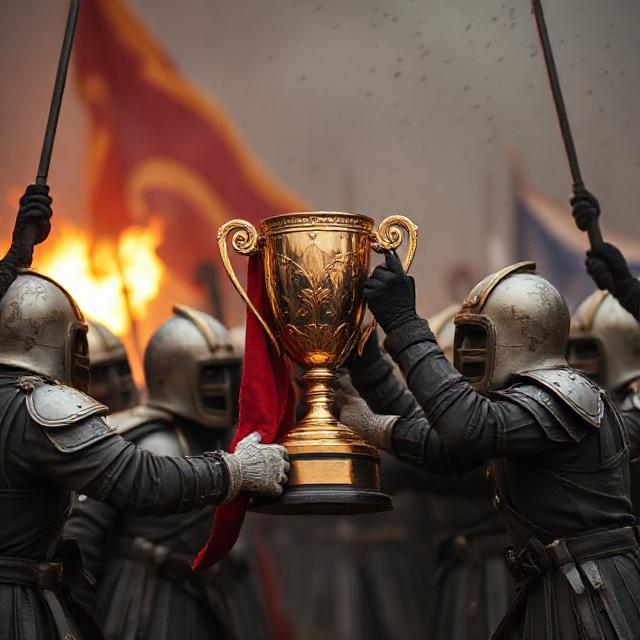
I remember moments in my life when I fought the wrong battles, battles that were never meant for me. Wars I fought with full intensity, wars that I charged and sprinted towards like a blazing fire. Conversely, though, all I needed to do from the beginning was walk away.
I always blame pride for being a treacherous commander. It misreads us often, overestimates our energy and resource supplies, and whispers, “If you’ve come this far, you’d better finish it”. But we never decode that sometimes “finishing it” means stopping, turning around, and letting go. There is no harm in the dust settling without your footprints in it.
On the fair side, losing some wars has taught me something more valuable than some winnings have: not every battle is worth the blood it demands, or symbolically “sheds”.
There is a strange dignity in strategic retreat. In fact, there is a lot of wisdom found in choosing not to fight. But when a war must be fought, when we believe something is worth fighting for, or protecting, or becoming, then timidity must be shelved. Forward is the only direction, full velocity. No retreat.
Hold your horses, good people. Caution. Speed does not mean recklessness. There is a difference between sprinting with clarity and hopping with panic. Speed, I’ve learned most of the time, is about commitment. Strapping the waist belt with determination and purpose.
It’s refusing to let fear dictate tempo. For with fear, you will forever be struck at the starting point. Speed is the honour of showing up with your whole self, instead of your unnerved self.
Life asks for this kind of courage more often than we’d like to admit. The courage to start over. The courage to face bad comfort and walk away.
You will face the war of trying again when you’ve already failed once, or twice or far too many times. The war of telling the truth when silence is easier, leaving when staying is suffocating, and staying when leaving would be termed cowardice.
The war of rebuilding when your hands still shake from what collapsed, and your spirit is down with frustrations. The war of choosing not to be comfortable with your bare minimum and seeking to be better. The war of facing your own reflection, one that is dissatisfied with your minimal effort, and not flinching.
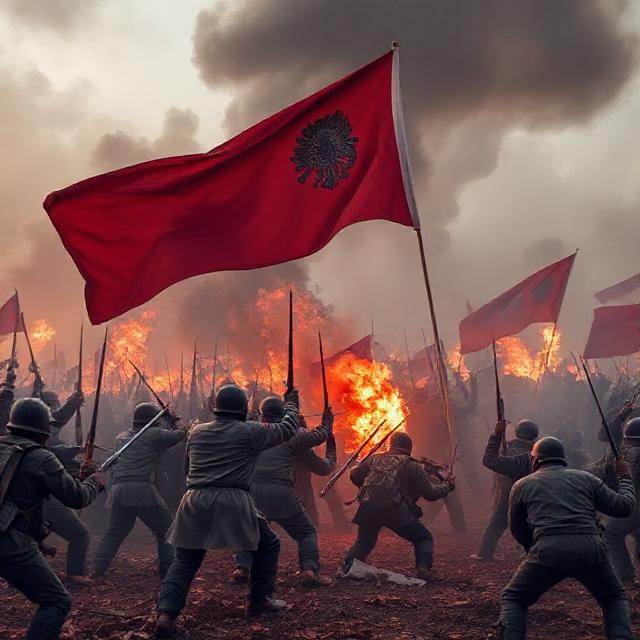
These battles don’t always come with medals. When faced right, though, they come with deeper convictions and steadier determination. You attain a higher knowledge with the realisation that you didn’t run from yourself, but rather you faced your fears.
Life is full of unpredictable rhythms. It ambushes us with choices all the time, jostles us with expectations and swirls collisions in our ways. These are the wars we fight. And the battlegrounds? Well, they are often disguised as streets, bedrooms, offices, relationships, mornings, etc.
In these battlefields and wars, you must choose how to fight each one of them, and in each one of them. Too slowly, and apologetically, life rolls over you like a tide without memory. If you approach them boldly, intentionally, and purposefully, life gives way in places you didn’t know were flexible.
If you have to choose between speed and waiting until you’re ready, choose speed any time. Full speed, for that matter. While you do that, accept that when you run full speed, momentum carries risk. You might fall harder. You might hit harder with a greater impact. You might misjudge the terrain. You might discover that the war you chose is unwinnable. And that hurts. No way around it. Loss is loss. Grief is grief. But what if you win? Then you win big time.
I often speak to myself. And almost all the time, I have found myself talking about the wars I lost rather than the ones I won. I have recited the words “I have lost more than I have won”, and like Michael Jordan, that is why I keep winning.
Losing teaches you about the resilience you never thought you had. It reveals the strength you didn’t know your muscles had accumulated. It teaches you how to rise without bitterness and bow without breaking. It nudges you to move forward with the trophies, but without dragging the chains and baggage of the loss behind you. Only the lessons in the heart.
The lessons remain as testaments, or in the biblical sense, altars that defeat can be a kind of progress. It can also be a warning to stay humble, that the point of war, metaphorical or real, is not glory in self but growth. Borrowing from the bible, the children of Israel become a perfect mirror.
Whenever I find myself standing on the threshold of making a big decision, I envision myself standing at the mouth of a canyon. No waymarks, uncertainty to the fullest measure, lots of unknowns and unpredictability, but the words, “If you’re going in, you’d better go in with everything,” are never far away.
Making half-hearted steps never gets us far enough. No wonder in matters of faith, there is nothing like half-belief. In the midst of the storm, half-courage often never holds up.
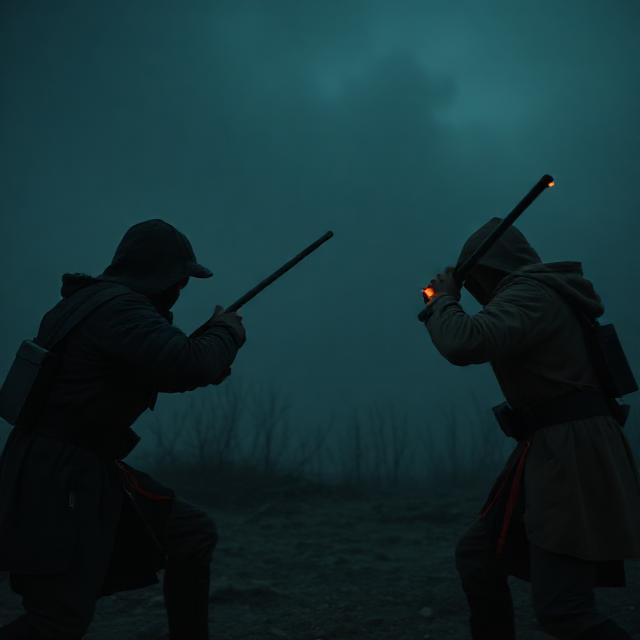
We have to run full speed. Because it commits us before doubt gathers its army. And when doubt creeps in, as it always does, then we are already too far inside the battle to let it pull us backwards. Uncertainty becomes immaterial.
I’ve lost some wars. I’ve walked away from others. I have won some fairly. I’ve won a few I didn’t expect. And through all of them, I’ve learned this:
If you’re going to fight, fight with your whole heart and soul.
If you’re going to leap, leap with the mightiest force.
If you’re going to choose, choose boldly and with courage.
If you’re going to live and serve, live and serve to the fullest.
A half-lived life, or a half-served duty, is the saddest kind of defeat.
And when the next war comes, well, it always does, you’ll know whether to enter it, let it pass, or sprint straight into the very heart of the ring with the certainty that even if you fall, you were honest with your effort and decision.
If we want to go to a war, any war, external or internal, we’d better go running at full speed, not to ensure victory (it is never assured), but to honour the fight. To be at peace that we ran our race fully, fought the fight gracefully, and finished the race dutifully, if I may borrow from the words of the Apostle Paul.
Whether the war is small or huge, and you are called to fight, and can fight it. Go running full speed.
Postscript: Here is to Martin Luther King Jr.’s quote, “If a man is called to be a street sweeper, he should sweep streets even as Michelangelo painted, or Beethoven composed music or Shakespeare wrote poetry. He should sweep streets so well that all the hosts of heaven and earth will pause to say, ‘Here lived a great street sweeper who did his job well.”



